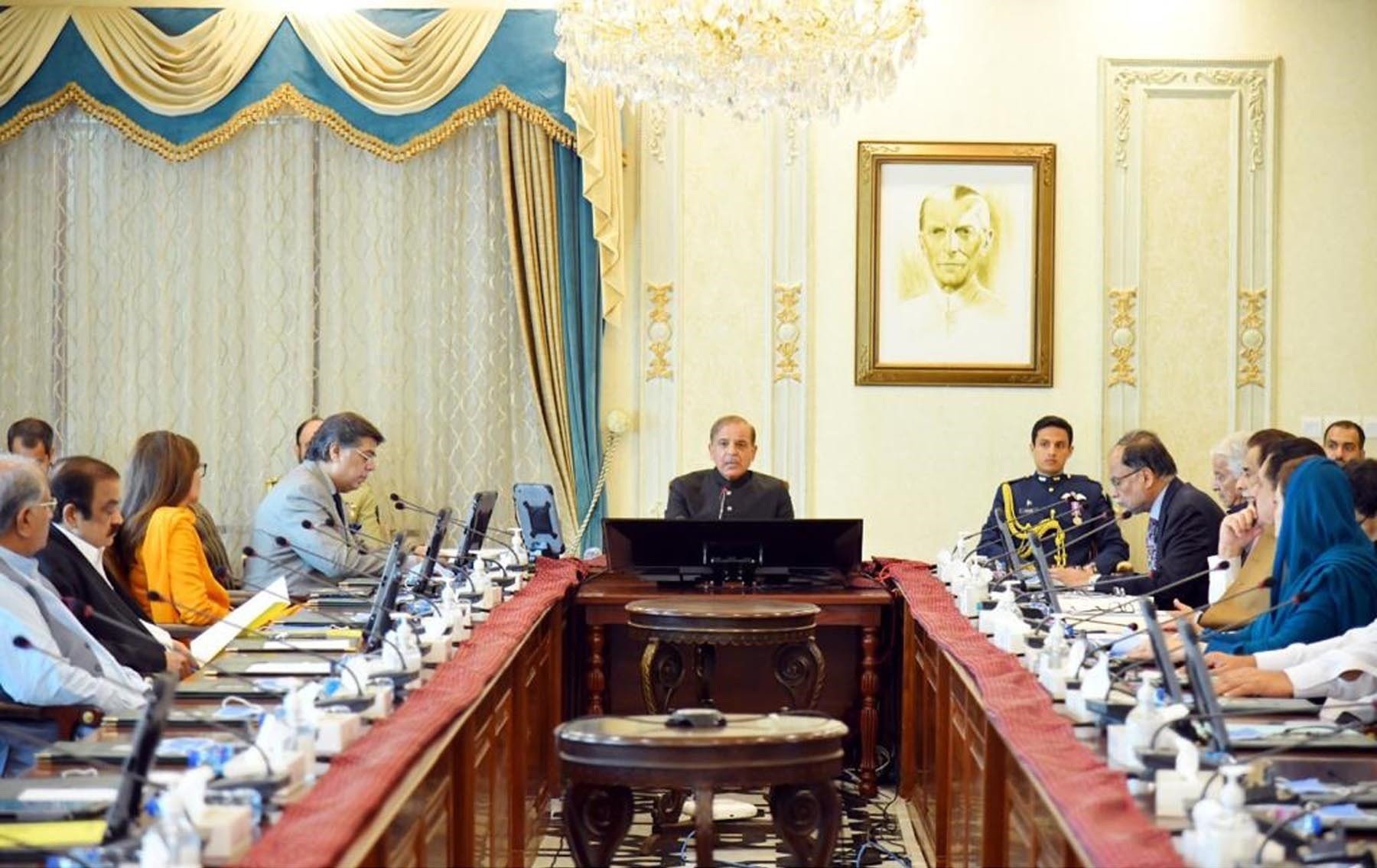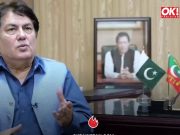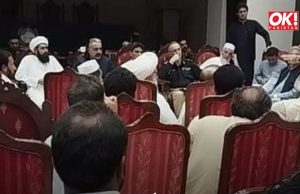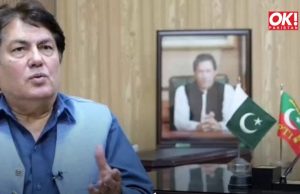ISLAMABAD: On Thursday, the cabinet’s Economic Coordination Committee (ECC) approved a supplementary budget of Rs24 billion to settle government debt and erase the backlog that resulted from irrational yearly allocations.

The conference was informed by the finance secretary that going forward, the finance ministry will not approve even technical supplemental funds meant to uphold fiscal discipline. The contingency funds have been used to approve technical supplemental grants.
The inaugural meeting of the ECC, and the first meeting of the cabinet body under the new coalition government, was presided over by Finance Minister Muhammad Aurangzeb. The ECC is tasked with making decisions on important economic issues.
It approved at least nine supplementary grants, with the extra funds going toward subsidizing wheat flour and oil, setting up a separation plan for SME Bank employees, providing a wheat subsidy for Gilgit-Baltistan, paying off outstanding media debt, fixing a VVIP helicopter, buying uniforms, forming new battalions, and matching loans for the education sector.
Aurangzeb made decisions in his first meeting as the chairman of the ECC that had a Rs24 billion financial impact.
The ECC decided that rather than wasting time distributing budgets to different ministries, the forum should be used for making significant economic choices.
The International Monetary Fund (IMF) and Pakistan have an agreement that prohibits the IMF from releasing any further supplementary grants. The grants, valued at Rs24 billion and approved by the ECC, were of a technical character and would be disbursed from the contingency funds.
According to officials, the government approved an additional Rs7 billion in subsidies for the inhabitants of Gilgit-Baltistan, bringing the total amount of funds under this category for the current fiscal year to Rs16.5 billion.
In contrast to the local cost of Rs106, the federal government offers consumers in the special region wheat at a reduced rate of Rs20 per kg.
In the budget, the government had set aside a subsidy of Rs9.5 billion for the supply of 150,000 tons of wheat. However, by the end of March, the allotment had been used up completely because of the price hike.
The ECC gave its approval to pay off Rs 4.1 billion in employee debt from SME Bank, which was closing. Of this, Rs 3.3 billion will be provided for the 136 employees who would be separated.
The government of the Pakistan Democratic Movement (PDM) had previously made the decision to close the bank.
The ECC approved an increased budget of Rs 5 billion to supply cooking oil and wheat flour to the government-run utility stories. Although the budget had set aside Rs 7.5 billion, Prime Minister Shehbaz Sharif chose to set aside extra money for the supply of subsidized goods.
The extra Rs5 billion will be used to provide a Rs100 per kg ghee subsidy and sell wheat flour for Rs65 per kg, or almost half the market price. The Rs30 billion PM relief package included the Rs5 billion in supplementary funding.
The government authorized an additional budget of Rs1.6 billion to pay media companies’ outstanding debts related to previous advertising campaigns. Due to the federal government’s and Punjab’s payment delays, media companies were having trouble paying their employees’ salaries.
The artist health insurance program and the film finance fund have both seen their funds reallocated; these funds have no further effect on the budget deficit.
To pay back a foreign loan for the Higher Education Commission, the ECC granted Rs3.8 billion. HEC told the gathering that the matching funds it had available from its current allocation would not be provided.
A grant of Rs. 1.7 billion was granted by the ECC for the Passport Office personnel who are employed overseas. The budget’s under-allocation meant that the employees were having trouble receiving their salaries. The granting of additional grants is sometimes the result of inaccurate budgeting.
The Pakistan Rangers have been granted an additional funding of Rs300 million by the government to purchase uniforms. The Rangers were also having issues as a result of the allocation that was insufficient.
Additionally, the government authorized Rs103 million for the Frontier Corps Balochistan to fix a helicopter that transports VIPs.
For the Pakistan Coast Guards to raise an additional battalion for an anti-smuggling campaign, an additional Rs433 million has been allocated. Although the decision to form two battalions was made in 2019, funding was not promptly provided.




















































